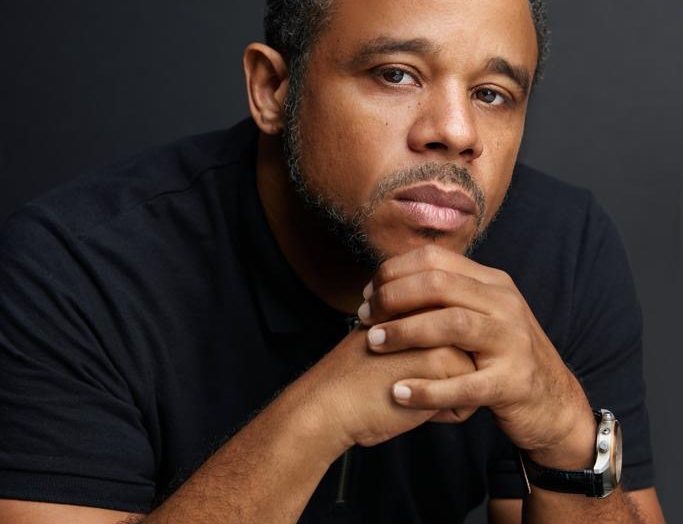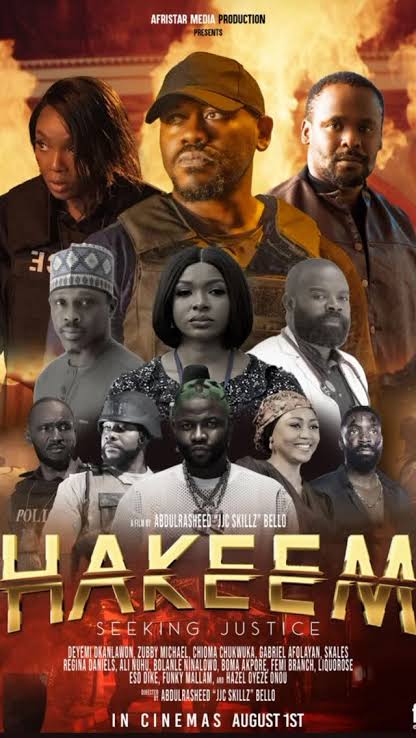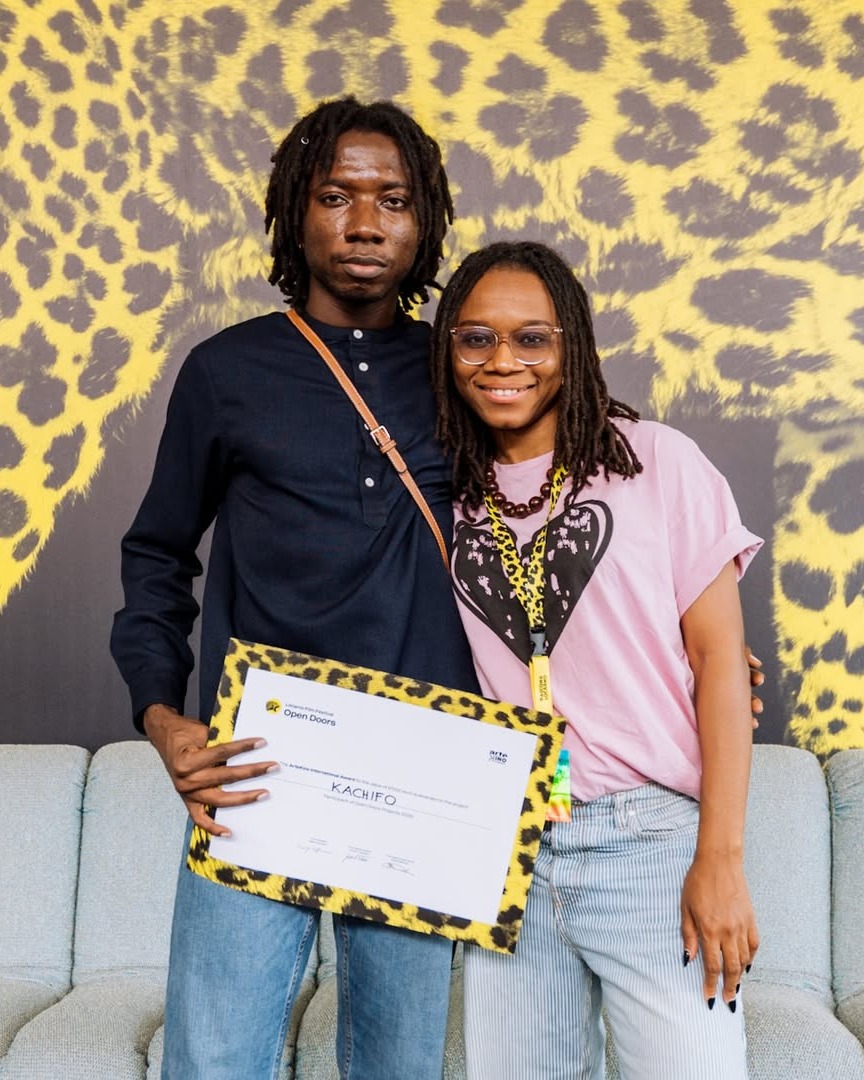
Canal+’s $3B Takeover of MultiChoice Signals Africa’s Media Power Shift
It’s the biggest deal in Africa’s entertainment history — yet globally, the noise has been surprisingly low.
For roughly $3 billion, France’s Canal+ is acquiring MultiChoice, Africa’s largest pay-TV operator. On the surface, it looks like a simple business transaction. In reality, it’s a strategic reset, centred on content distribution across a continent of 1.4 billion people — most of them young, mobile-first, and deeply plugged into culture.
This isn’t just about balance sheets. It’s a signal — one that reshapes the creative economy across Africa.
Beyond the Numbers
What Canal+ is really buying isn’t just the 100M+ subscribers across DStv, GOtv, and Showmax. It’s the infrastructure. The localised intellectual property. The audience insights and cultural know-how that have taken decades to build — and which are nearly impossible to replicate in Africa’s fragmented, multilingual media landscape.
More than a company, Canal+ is purchasing privileged access to one of the world’s youngest, most dynamic populations.
But the flip side is sobering: while global players now call the shots, African capital is still missing from the decision table.
Why the World Should Care
Put it in perspective:
-
Amazon bought MGM for $8.5B
-
Netflix’s 2024 content budget hit $17B
-
Skydance acquired Paramount in a deal worth around $8B
By comparison, Canal+ just secured a continent for $3B — a bargain, but also a huge gamble.
Africa is the last true frontier for large-scale migration from linear TV to digital streaming. Whoever locks down the pipes today is essentially laying the tracks for global streaming dominance tomorrow. And with African music, fashion, and film already booming globally, the influence — and profits — could be massive.
The Local Lens
After 15+ years working in Africa’s creative industries — from Nollywood sets to pan-African sports, content licensing, and diaspora projects — one thing is clear: Africa is not a monolith.
It’s a mosaic of cultures, languages, and behaviours. Global platforms often underestimate this nuance. Content that dominates Lagos may flop in Nairobi, while a small Nollywood drama can suddenly trend on Netflix UK.
At the same time, African investors still sit on the sidelines — curious but hesitant. Will this deal finally push them to back the continent’s creative economy with real capital?
What Really Changes
Yes, Canal+ gains power. Shareholders gain upside. Creators may see bigger investments.
But here’s the real shift: control of narrative flow. For years, MultiChoice was one of the few African companies commissioning content at scale. Now with foreign ownership, new questions arise:
-
Which stories get funded?
-
Who decides?
-
Will African narratives still lead, or will global templates take over?
Distribution isn’t neutral. Whoever controls the infrastructure shapes the culture.
The Hidden Goldmine
One piece often overlooked is Africa’s informal content economy — what I call the “underbanked middle.”
Think micro-budget dramas on USB sticks, hyper-local soap operas on YouTube, and budget VOD hits. These aren’t low-value — they’re the spiritual heirs of early Nollywood, still beloved by millions across rural and working-class communities.
And here’s the kicker: just like sachet-sized FMCG products transformed African retail, many consumers prefer micro-payment models for media. Western-style subscription pricing often misses the mark entirely. Want to win in Africa? Build around actual behaviour, not imported boardroom forecasts.
A Wake-Up Call, Not a Warning
This deal underscores three truths:
-
African media companies deserve global-level valuations.
-
Wherever capital goes, influence follows.
-
Africa is no longer a cultural sideshow — it’s a core business case.
Yes, this may spark more international consolidation. But the bigger takeaway is this: Wall Street, Silicon Valley, and global streamers are finally seeing Africa not as charity, but as critical infrastructure for the future of media.
Final Word
For African policymakers, investors, and creators, the Canal+–MultiChoice deal should be a rallying point. It proves that the infrastructure, audiences, and cultural capital are already in place.
The real challenge now? Ensuring that global capital flows into Africa with intention, mutual benefit, and respect for local nuance.
Because if Canal+ can see this value, why can’t African pension funds, banks, and sovereign wealth institutions?
At the end of the day, this isn’t just about what was bought — it’s about what’s at stake: Africa’s voice in the global media future.






Add Comment